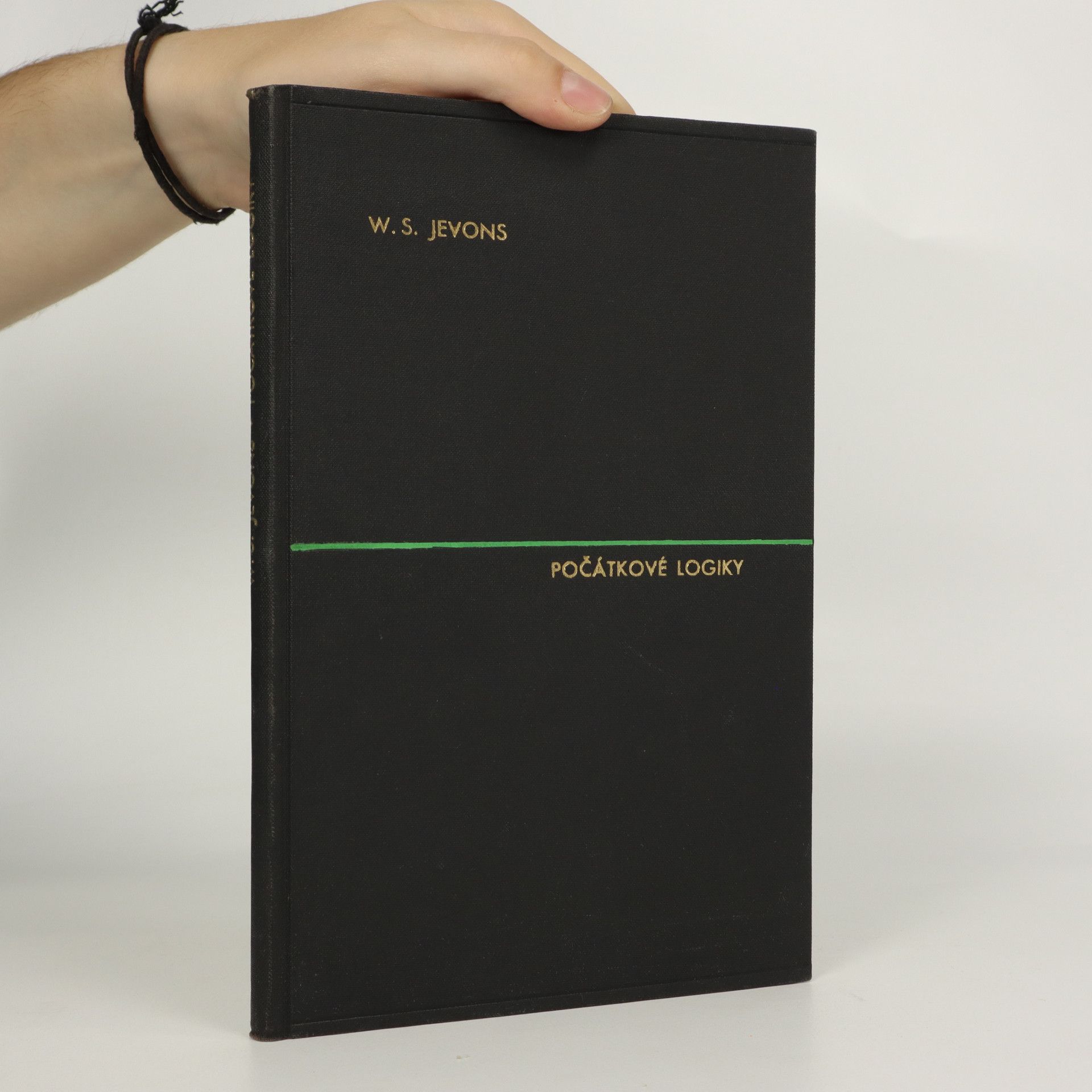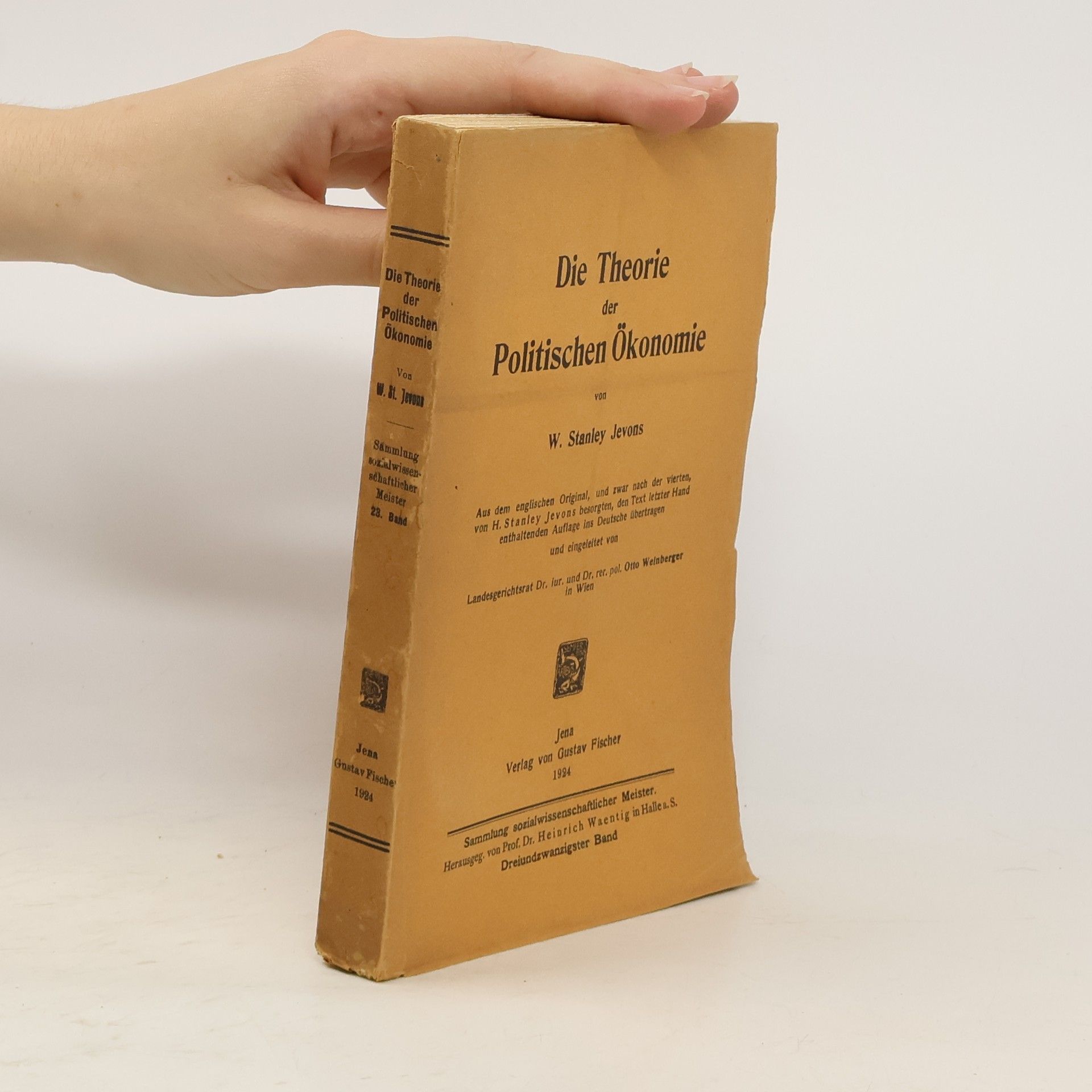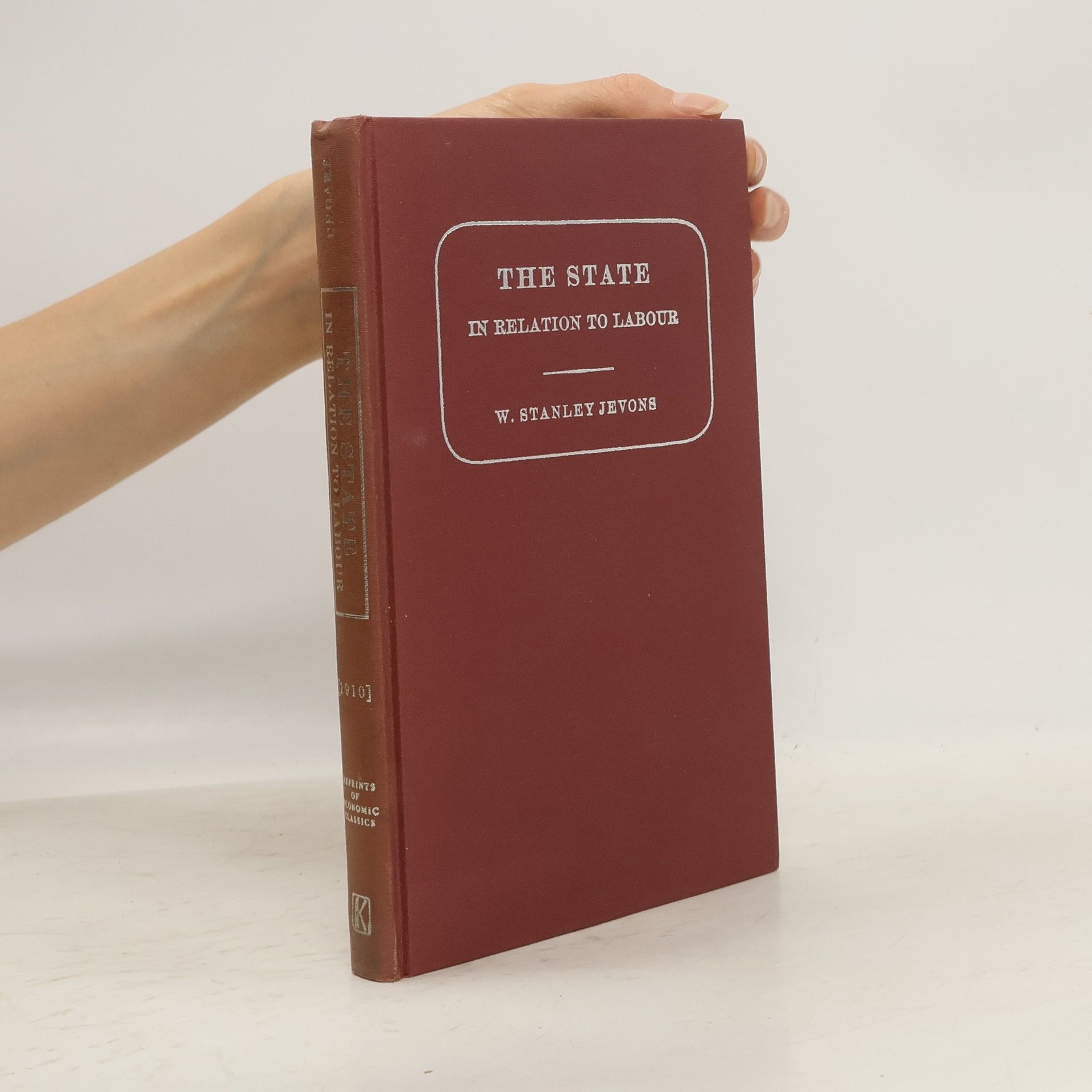Money and the Mechanism of Exchange
- 276pages
- 10 heures de lecture
Focusing on the roles of money and currency in economic transactions, this seminal work by William Stanley Jevons explores the mechanics of exchange. Published in 1875, it significantly contributes to economic theory, particularly the Quantity Theory of Money, offering insights into how money operates within the economy. Jevons' analysis remains influential, establishing foundational concepts that continue to shape economic thought today.



